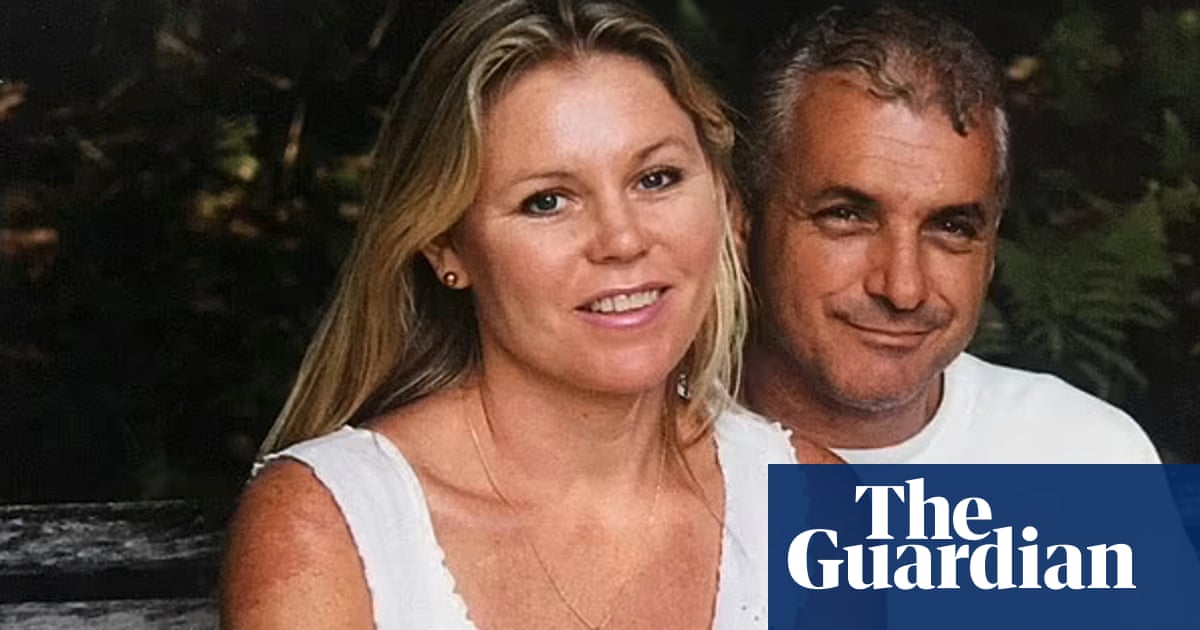The Prevent anti-terrorism scheme missed chances to protect the public from the attacker who assassinated the MP Sir David Amess, and from the youth who murdered three young girls at a Southport dance class, an official report has found.
The report is by David Anderson, the interim independent reviewer of Prevent, the official scheme to spot potential terrorists and turn them away from violence.
Lord Anderson finds that Prevent suffered from a long string of failings as it tried to deradicalise the man who went on to stab Amess to death, even declaring him as posing no risk after one meeting to assess his danger when he was supposed to have had seven.
The new revelations of failures led Amess’s family to demand a full inquiry, which the government has refused.
The veteran Tory MP was stabbed to death in October 2021 as he held a constituency surgery, with the attacker, Ali Harbi Ali, being motivated by Islamist terrorism.
Ali was referred to Prevent in 2014, aged 18, and his case was judged sufficiently serious to be dealt with by the Channel programme, which handles the individuals of the greatest concern.
Anderson finds that Ali was given a mentor, but adds: “The programme of mentoring that was planned for him was allowed to peter out when it had hardly begun.”
The report says: “There followed a long string of failings, some of which were consistent with practice at the time but most of which were the product of poor judgment, poor communication and lack of follow-through. It is particularly regrettable that after a contract for seven mentoring sessions was signed, only one actually took place.”
Ali had pretended to be complying and Anderson finds: “There can be no certainty that even if all the sessions had been completed, Prevent would have identified the full extent of his slide into a terrorist mindset, let alone averted a crime committed several years later.”
Ali’s case was closed by Prevent in 2016. A year after being cleared by Prevent and Channel, he had wanted to travel to join Islamic State in Syria. Having been thwarted in that aim, he started researching for an MP to murder.
He is serving a whole-life tariff for murder.
The government has promised a further review into whether chances were missed from 2016.
The Amess family want a proper inquiry into the failings, with the power to call and cross-examine witnesses.
A family spokesperson said the new revelations strengthened their view: “This is a grieving family … They have every right, just like any other bereaved family, to have it properly explained to them why the man who killed him was allowed to slip through the state’s safeguarding net, who is accountable for that, and what is being done to ensure no other family suffers in the same way. That is why they have called for a public inquiry.”
As well as the Amess case, the report looks at how Prevent handled the case of the Southport murderer Axel Rudakubana, who killed three young girls at a dance class last summer, and finds a new potential missed opportunity.
Prevent declined to take on the case of Rudakubana three times, after teachers raised concerns about him from 2019 to 2021, three years before he committed the atrocity that shocked Britain.
While there was concern about his interest in violence, there was no sign it was driven by a terrorist ideology.
The report says one expert concluded Rudakubana’s case should be examined by Channel, after he was first referred in December 2019. That did not happen.
Anderson says: “Had this happened, he might have been offered a mentor who could have made a difference.”
after newsletter promotion
A public inquiry into the Southport killings is already under way.
Anderson says Southport was “equivalent in its seriousness to an act of terrorism”, with the killer, who was 17 at the time of the attacks, serving a life sentence with a minimum term of 52 years for the three murders, the attempted murders of eight other children and of two adults who tried to protect them.
Anderson concludes: “Several years before the attacks, both the perpetrators had been referred by their schools to Prevent … Prevent’s Channel programme for early interventions had the capacity to address concerns of the kind that were raised in these referrals. But in neither case did it do so.”
The report recommends a potential dramatic expansion of Prevent, to include “individuals who have no fixed ideology but a fascination with extreme violence or mass casualty attacks”.
He also recommends greater transparency, better information-sharing and engagement.
Anderson also says Prevent “could function better if formally connected to a broader safeguarding and violence protection system”.
Anderson says: “I commend the teachers who were concerned that each of these youths was on a dangerous path, years before their crimes were committed. They did the right thing by referring them to Prevent. But in neither case did Prevent do what was needed to engage with them and protect the public.
“Diverting people from a pathway that could lead to terrorism is a difficult and delicate task. Success is never guaranteed, but the process can work with the help of skilled and committed practitioners, and often does so.
“When Prevent is offered a chance and fails to take it, it is vital that all possible lessons are learned.”
Anderson says Prevent reforms undertaken and planned should make such failings harder to recur and adds: “But more needs to be done. It has to be clear that people with a fascination with extreme violence can be suitable subjects for Prevent, even when they have no discernible ideology.
“Prevent needs to up its game in the online world, where most radicalisation now takes place. It needs to get better at information-sharing, and be more open with the public to gain the trust on which it depends. In the longer term, I believe that Prevent could work better as part of a comprehensive violence prevention and safeguarding strategy.”

 6 hours ago
5
6 hours ago
5

















































